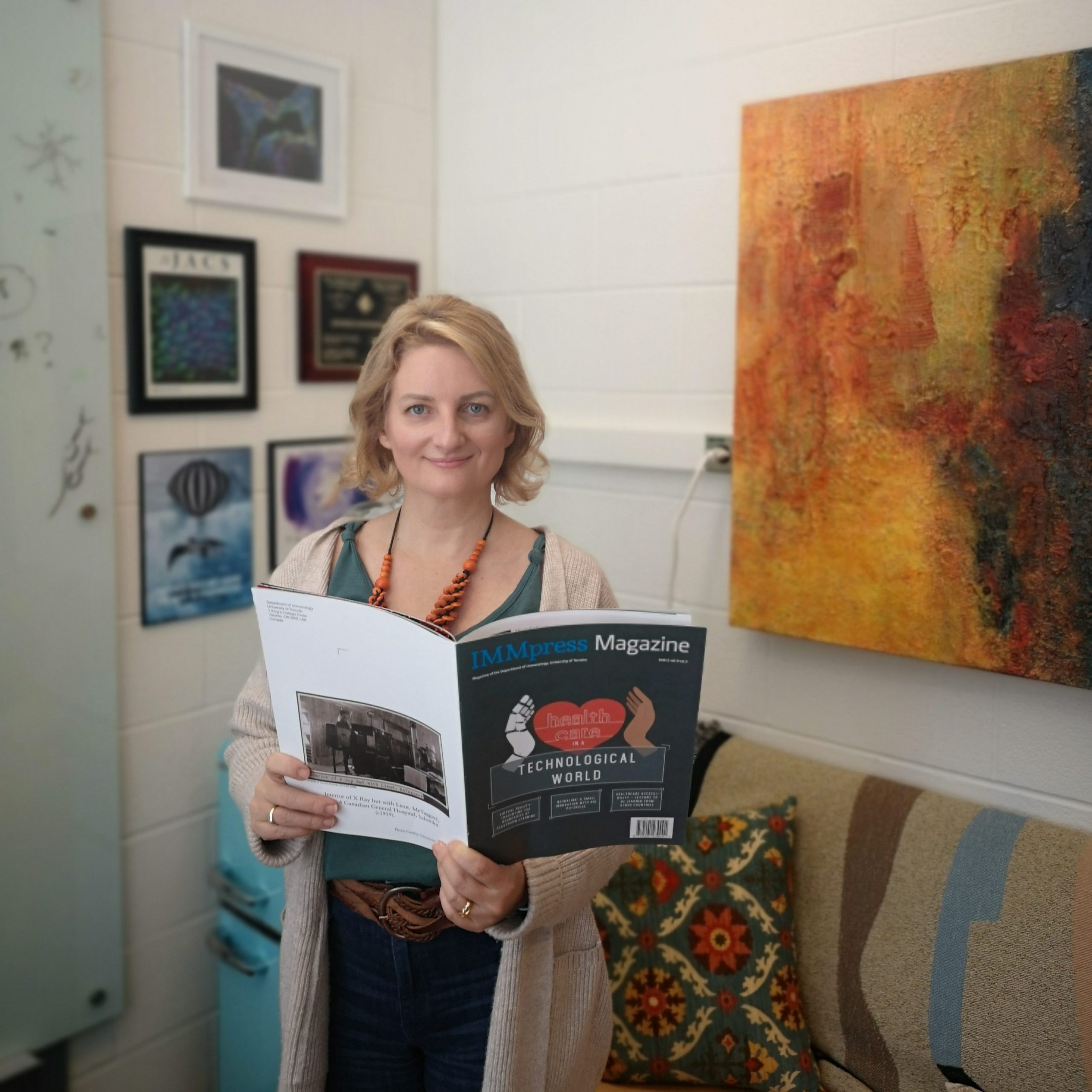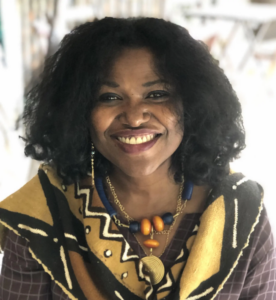I’m not going to lie – when I saw the title of this issue of IMMpress “Traditional Healing and Medicine”, I instinctively did a little eye roll. But why was that my reaction? As biomedical scientists, we should be open to new ideas. However, when it comes to traditional medicine, we are reflexively suspicious. And there are some good reasons for that. As outlined in this issue, traditional medicine is a big tent that continues to include discredited approaches like homeopathy. As a researcher in the field of Multiple Sclerosis (MS), I remember far too well how “liberation therapy”, a venoplasty procedure that was purported to be a cure for MS by Italian neurologist Dr. Paolo Zamboni, gained traction among Canadians with MS that was fueled by anecdotes. It took significant investment from the Canadian Institutes of Health Research and MS Canada to run a double-blinded trial that, ten years after Zamboni launched his theory, showed that liberation therapy had no benefit for MS patients.
But, as I said, traditional medicine is a big tent. And despite our frustrations with bad science, there are opportunities for new inquiry. If anybody should appreciate that disease goes beyond the molecule and the cell to encompass the whole body, it is Immunologists. We study an interconnected system that permeates every tissue. As a co-chair for the upcoming Gordon Conference “Neuroimmune Communication in Health and Disease” I was amazed at the number of high-quality abstracts that I reviewed on evidence that the immune system is at the heart of brain-body connections. We are in a very exciting period of Immunology that will no doubt bring many surprises and advances.
In this issue, our student authors do an amazing job at balancing their reductionist training with an open-minded approach to traditional medicine. I enjoyed reading these articles whilst, ironically, drinking herbal tea with honey as I was developing a cold. Notably, none of these articles argue that scientific rigour should be thrown out the window – doing that lands us in the position of having to run expensive clinical trials based on questionable data, as was required in the Zamboni case. Education of the public on the scientific method is key so that folks can ask the right questions about their therapeutic options. And more excitingly, application of our most modern tools, including machine learning and advanced single cell approaches to traditional medicines has the potential to mine new insights into how the body heals. This is an opportunity – and seeing it as such could go a long way to mending fences between the fields of western and traditional medicine.
Jen Gommerman, PhD
Professor and Chair, Department of Immunology
Jennifer Gommerman
Latest posts by Jennifer Gommerman (see all)
- Letter from the Chair, Dr. Jennifer Gommerman – Volume 13 Issue 2, 2025 - October 2, 2025
- Letter from the Chair, Dr. Jennifer Gommerman – Volume 13 Issue 1, 2025 - May 13, 2025
- Letter from the Chair, Dr. Jennifer Gommerman – Volume 12 Issue 3, 2025 - January 20, 2025



